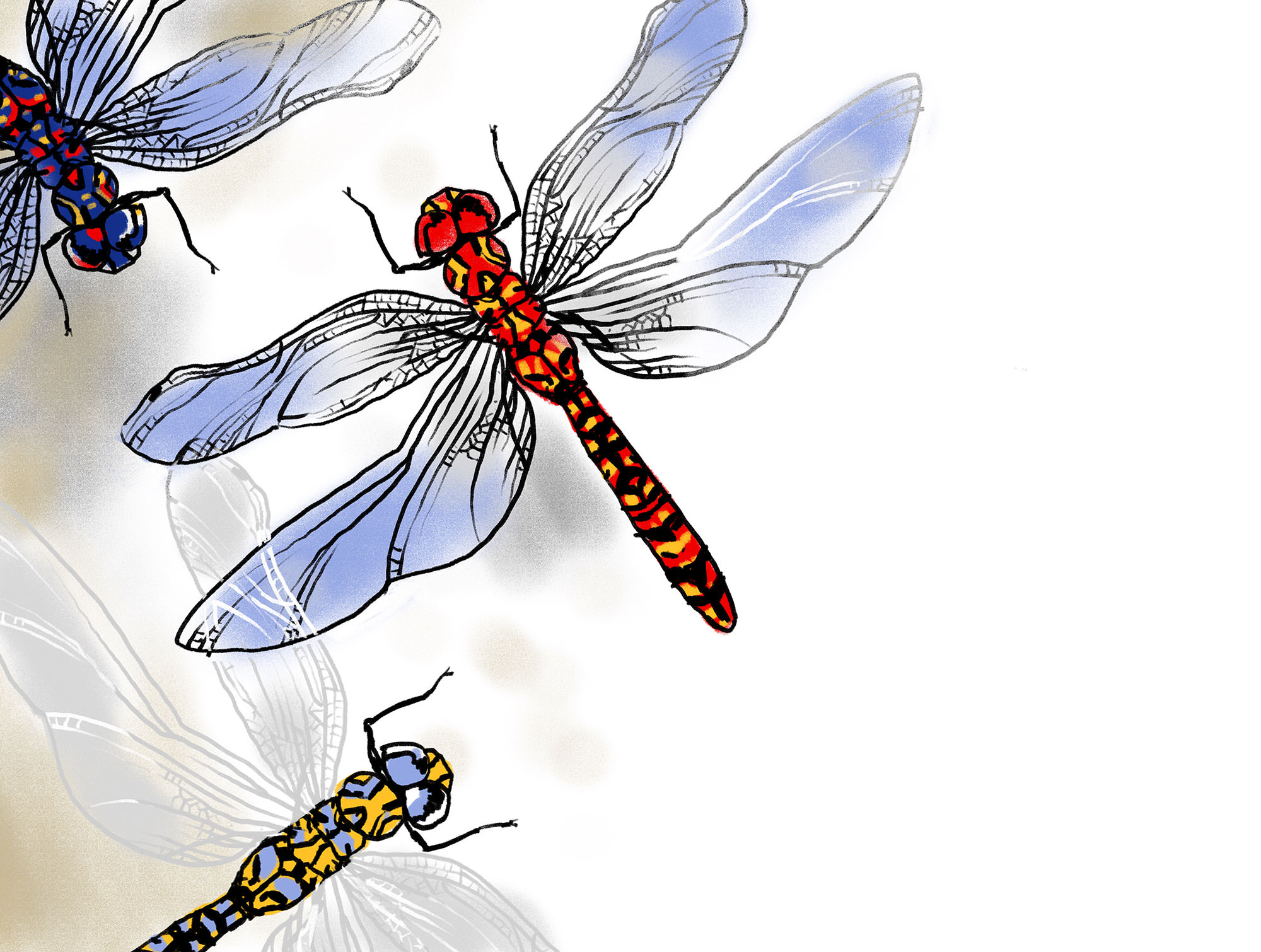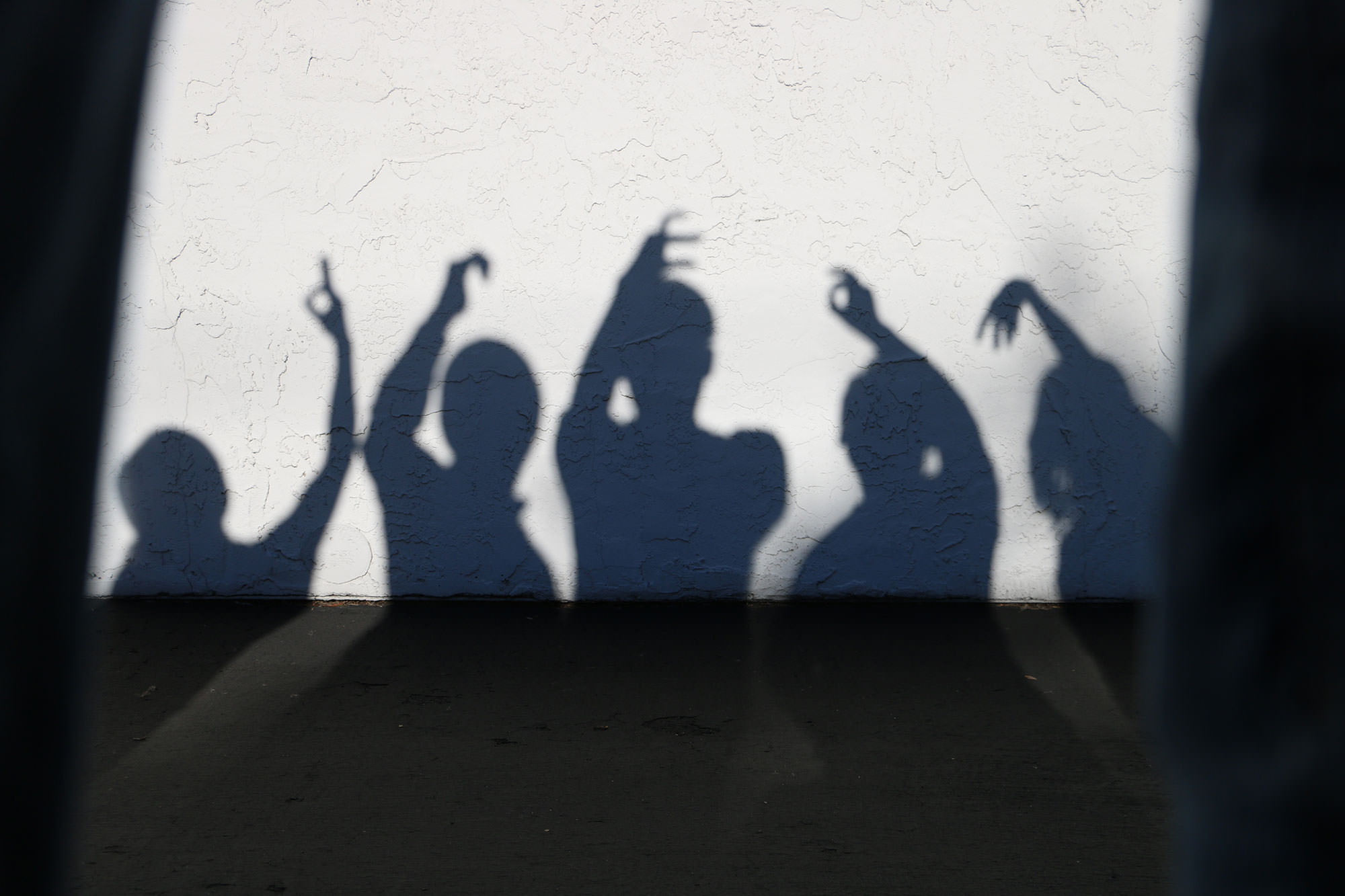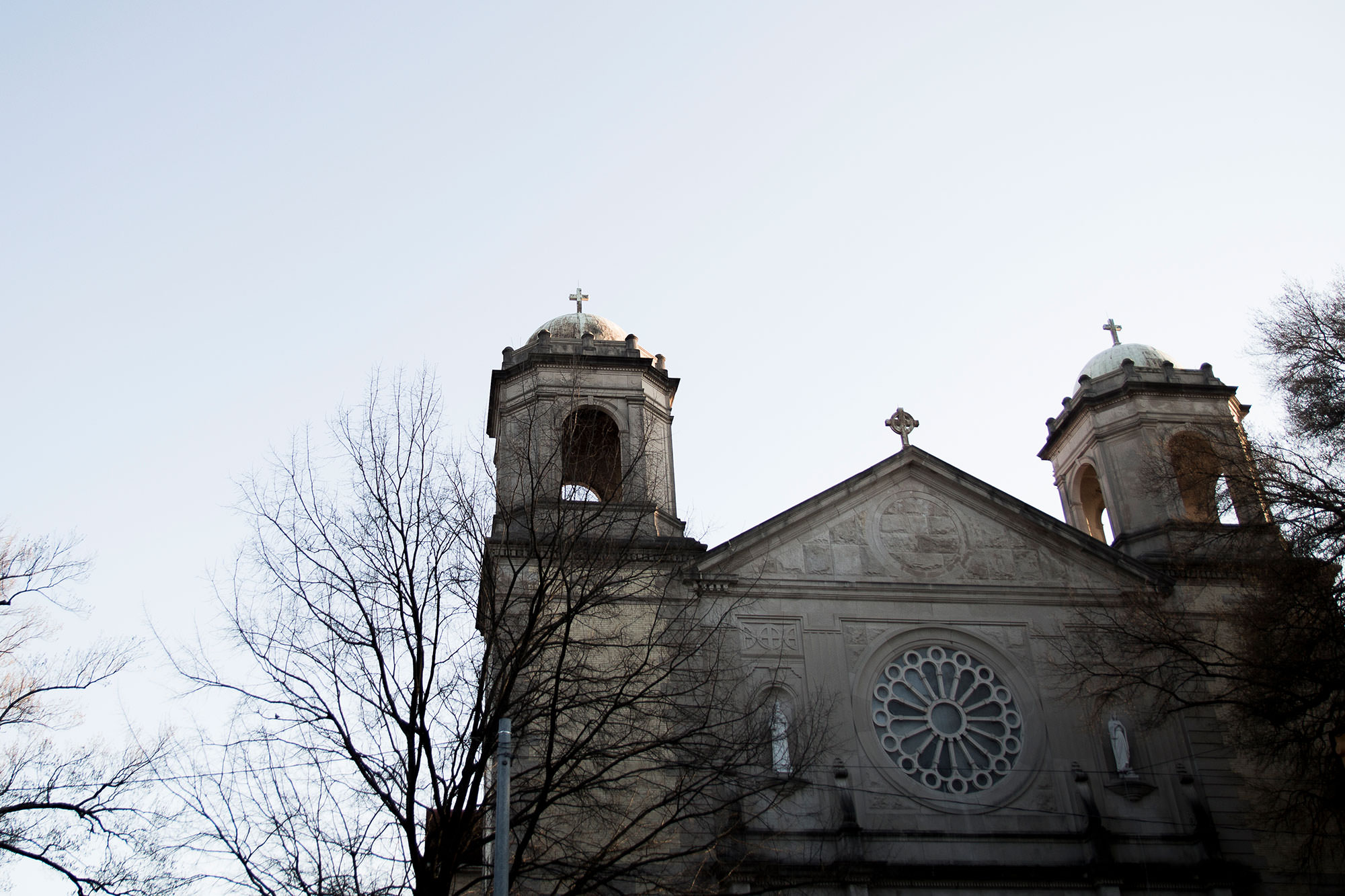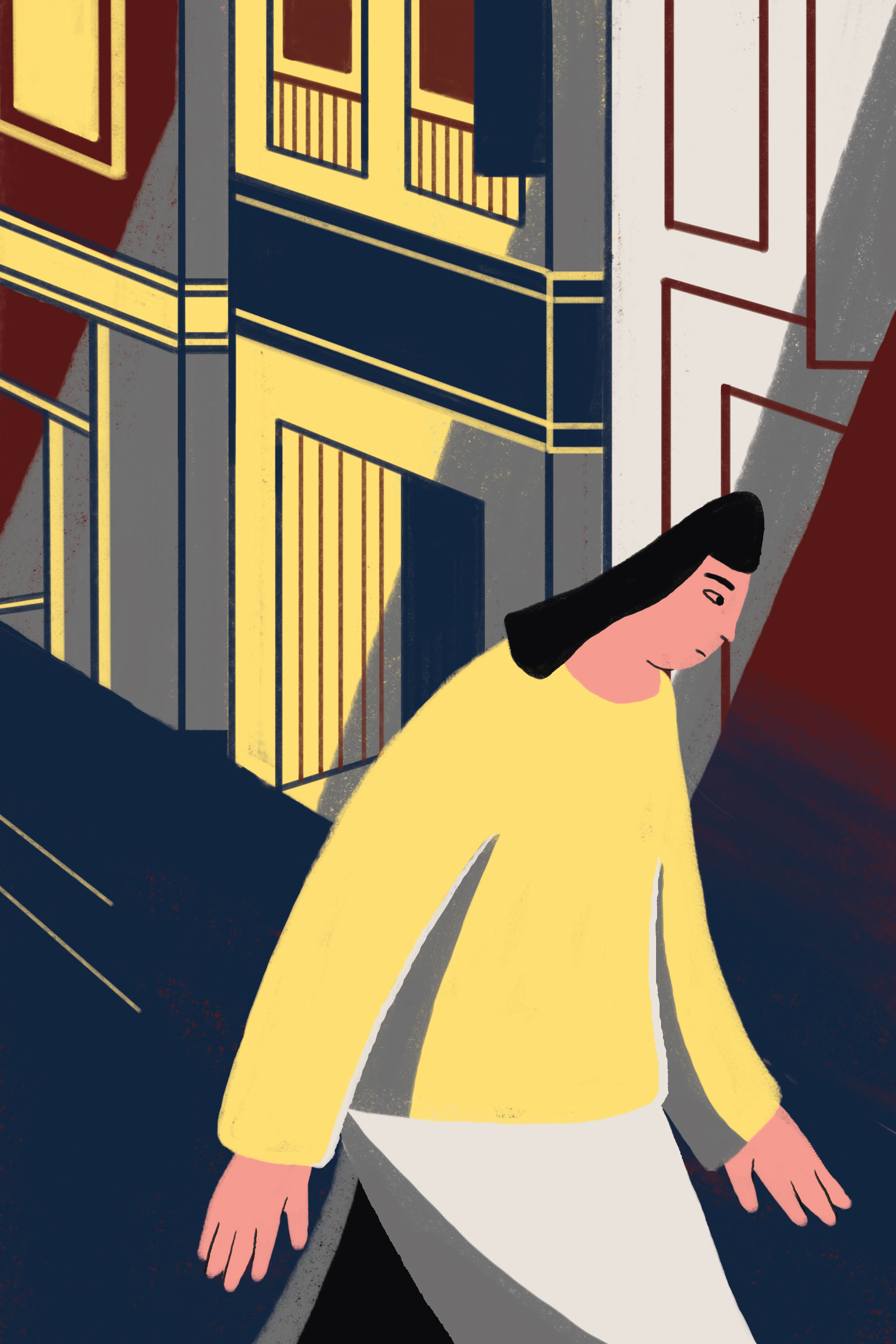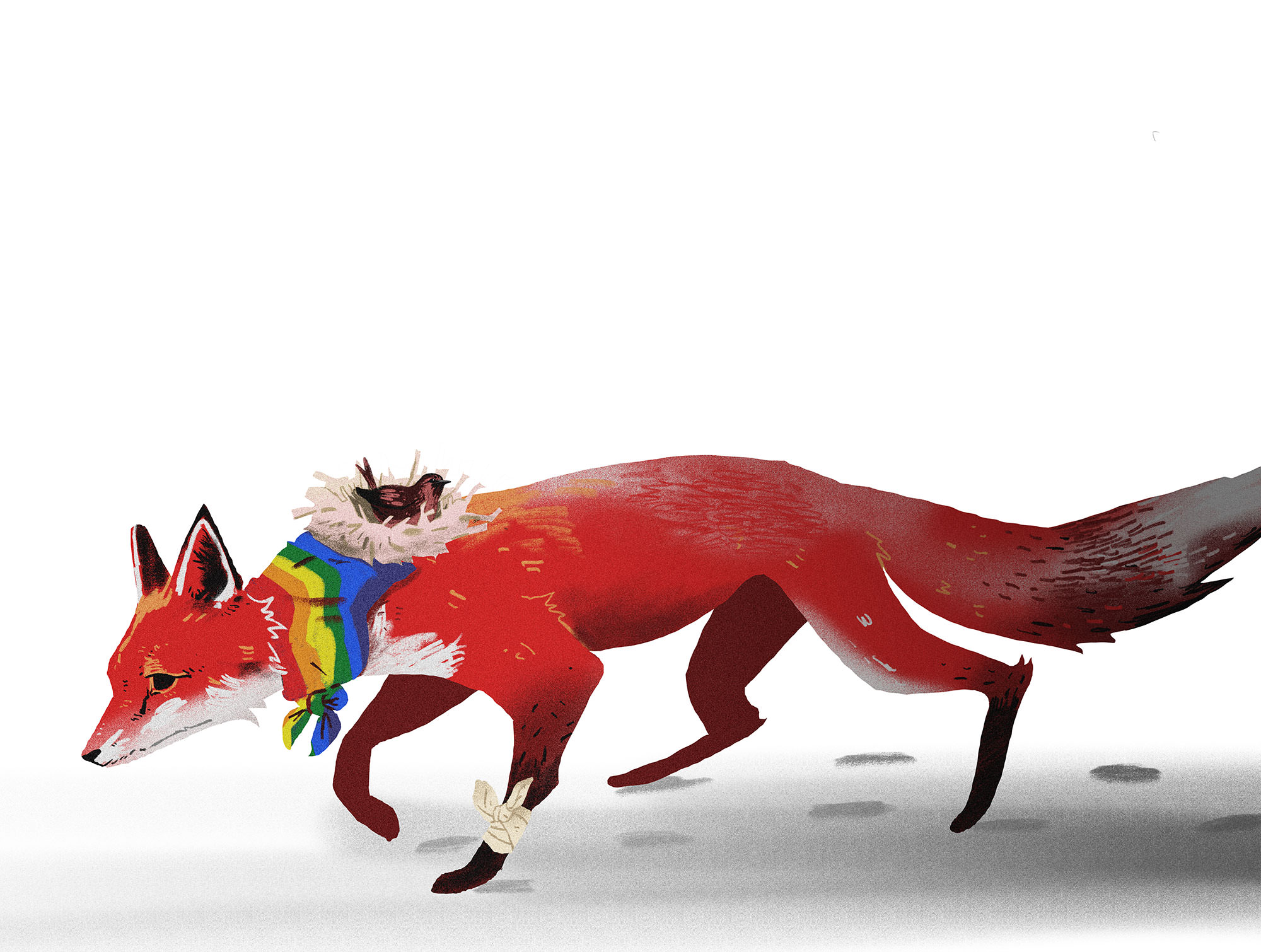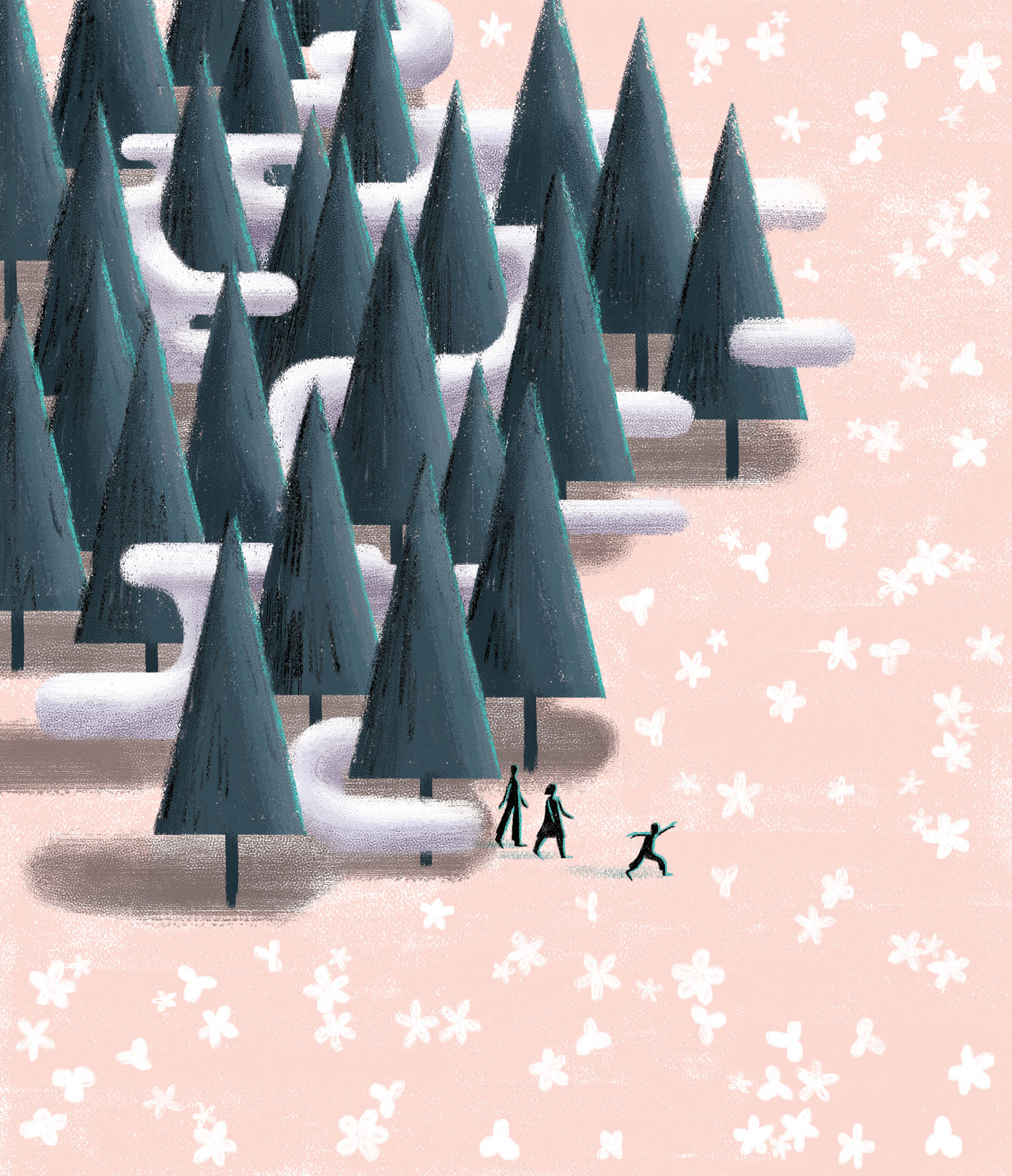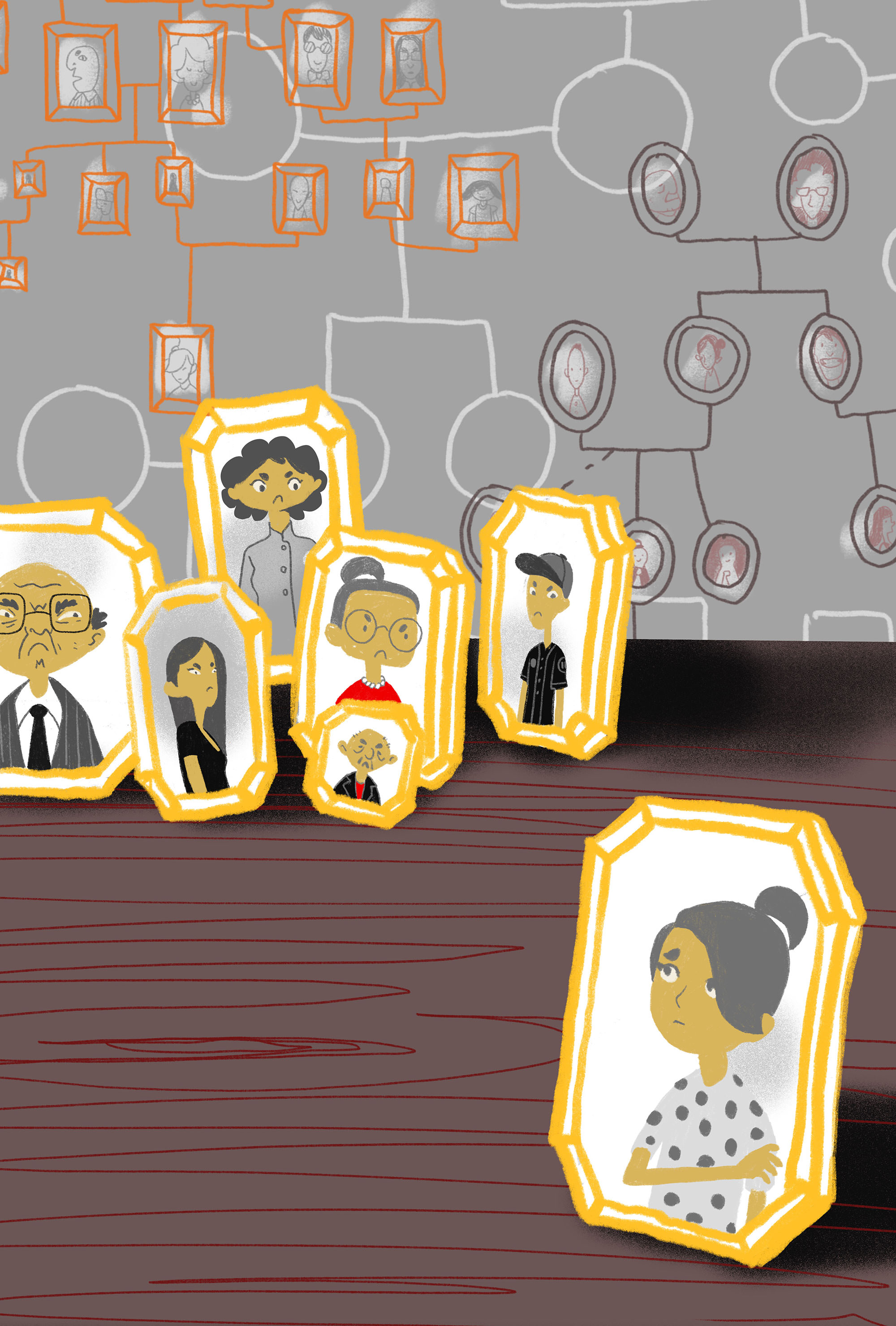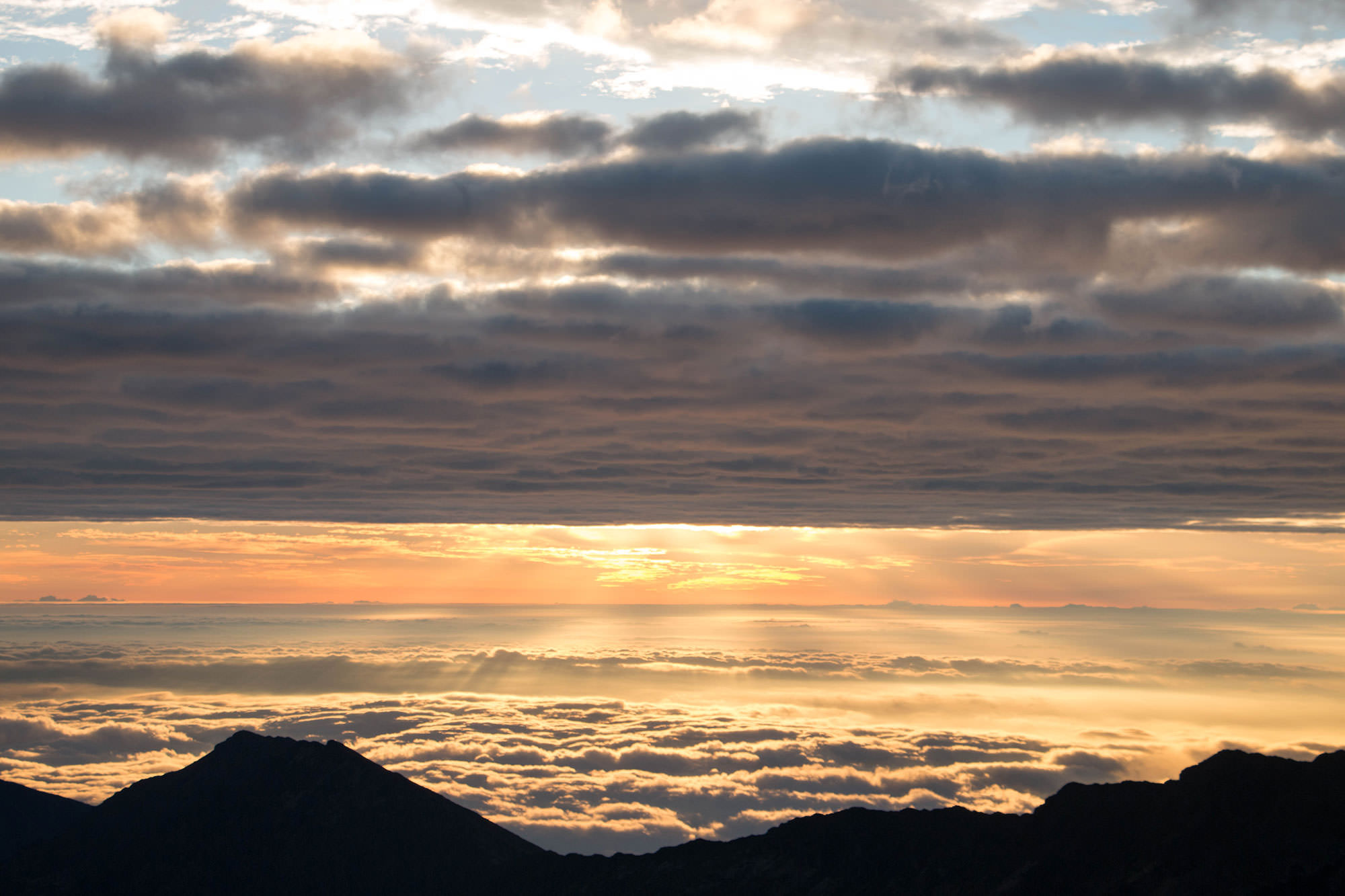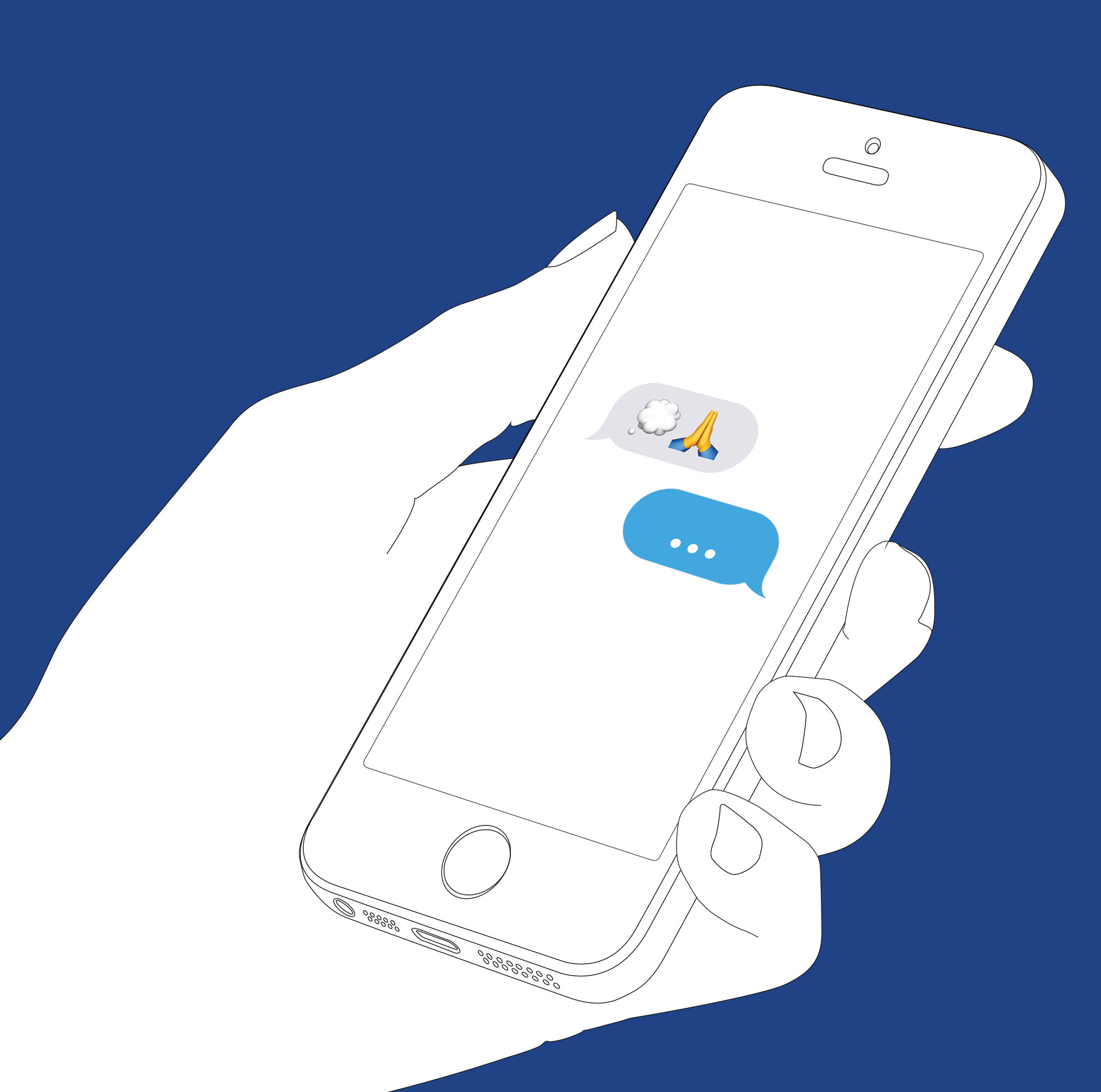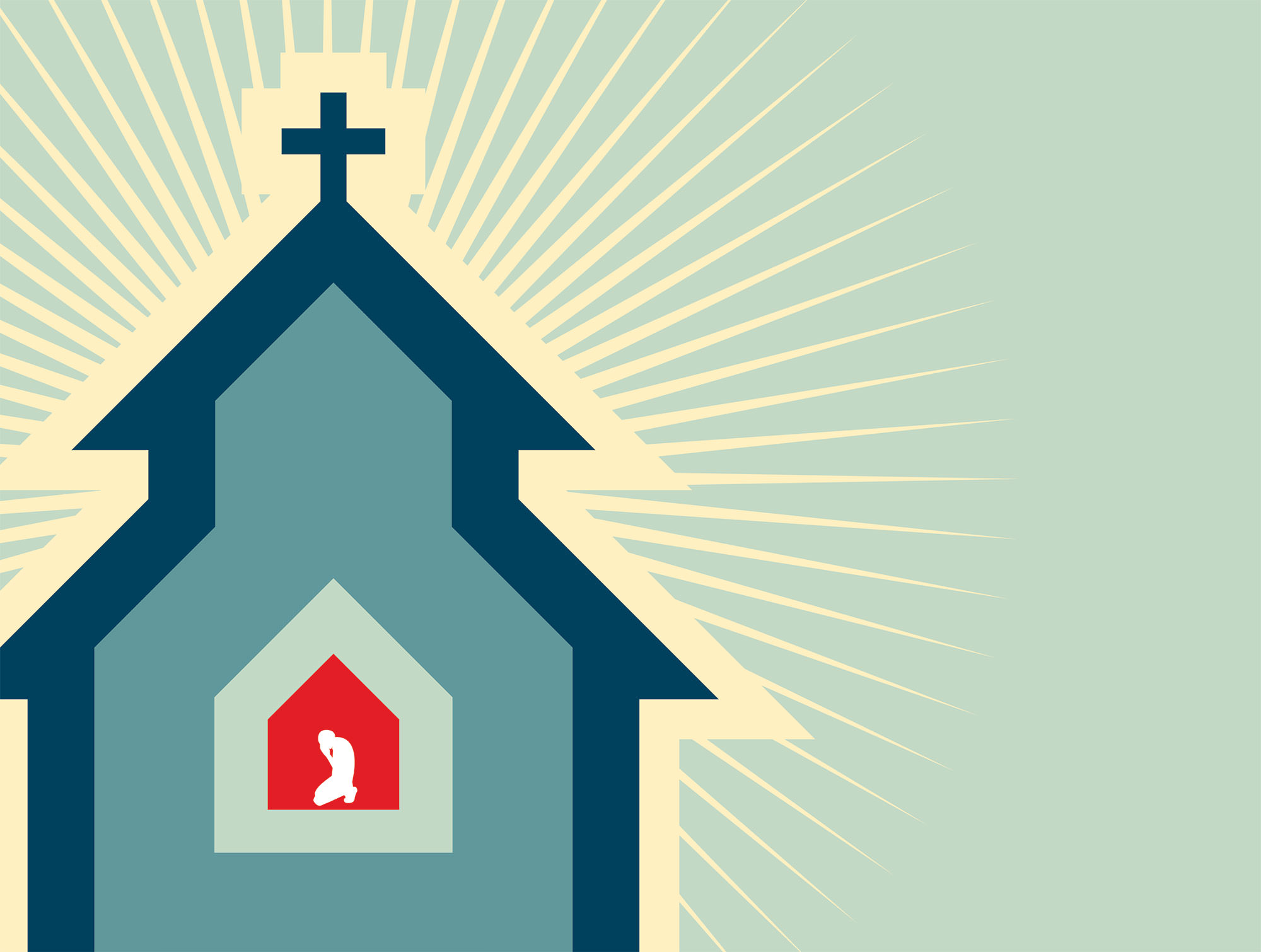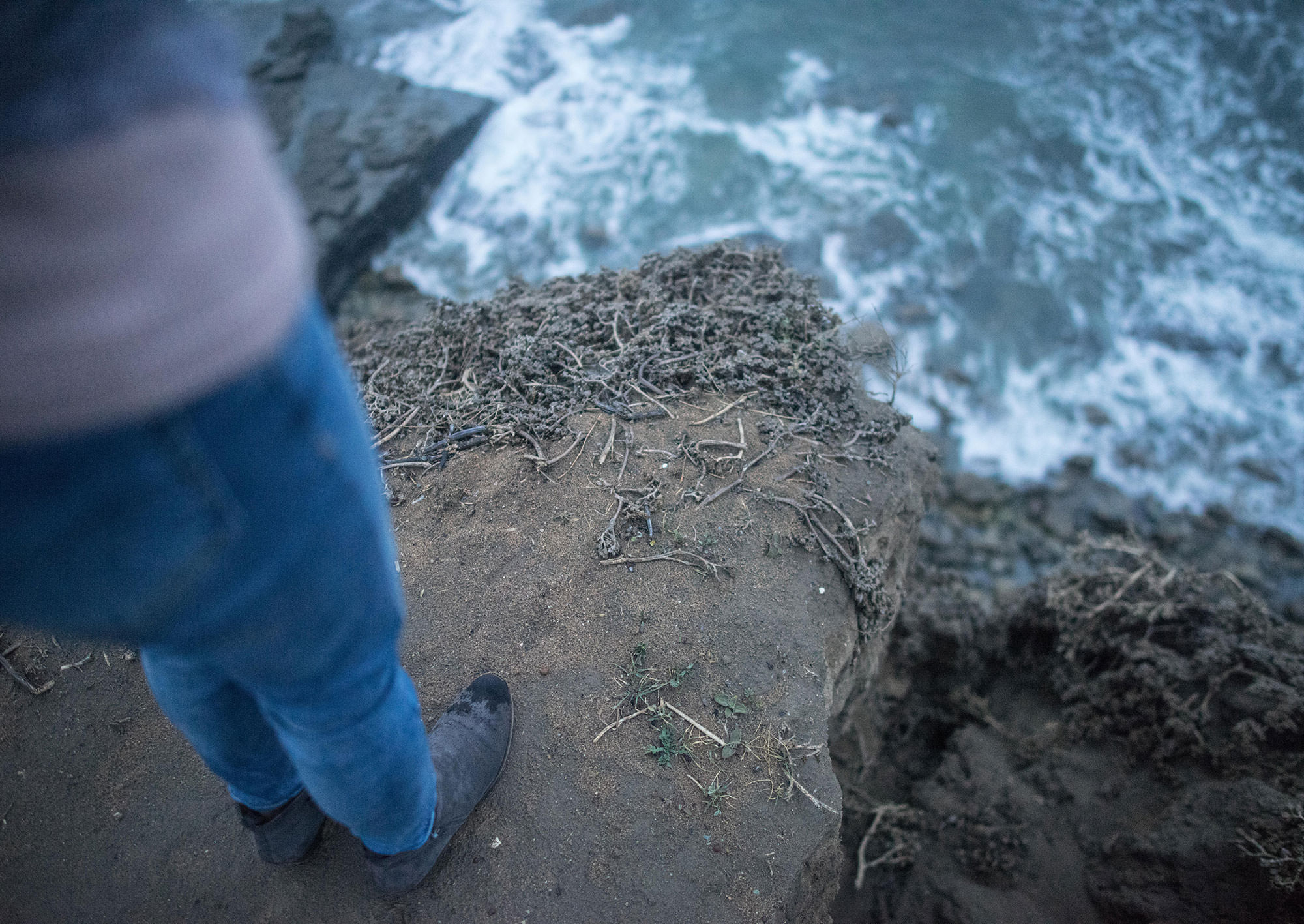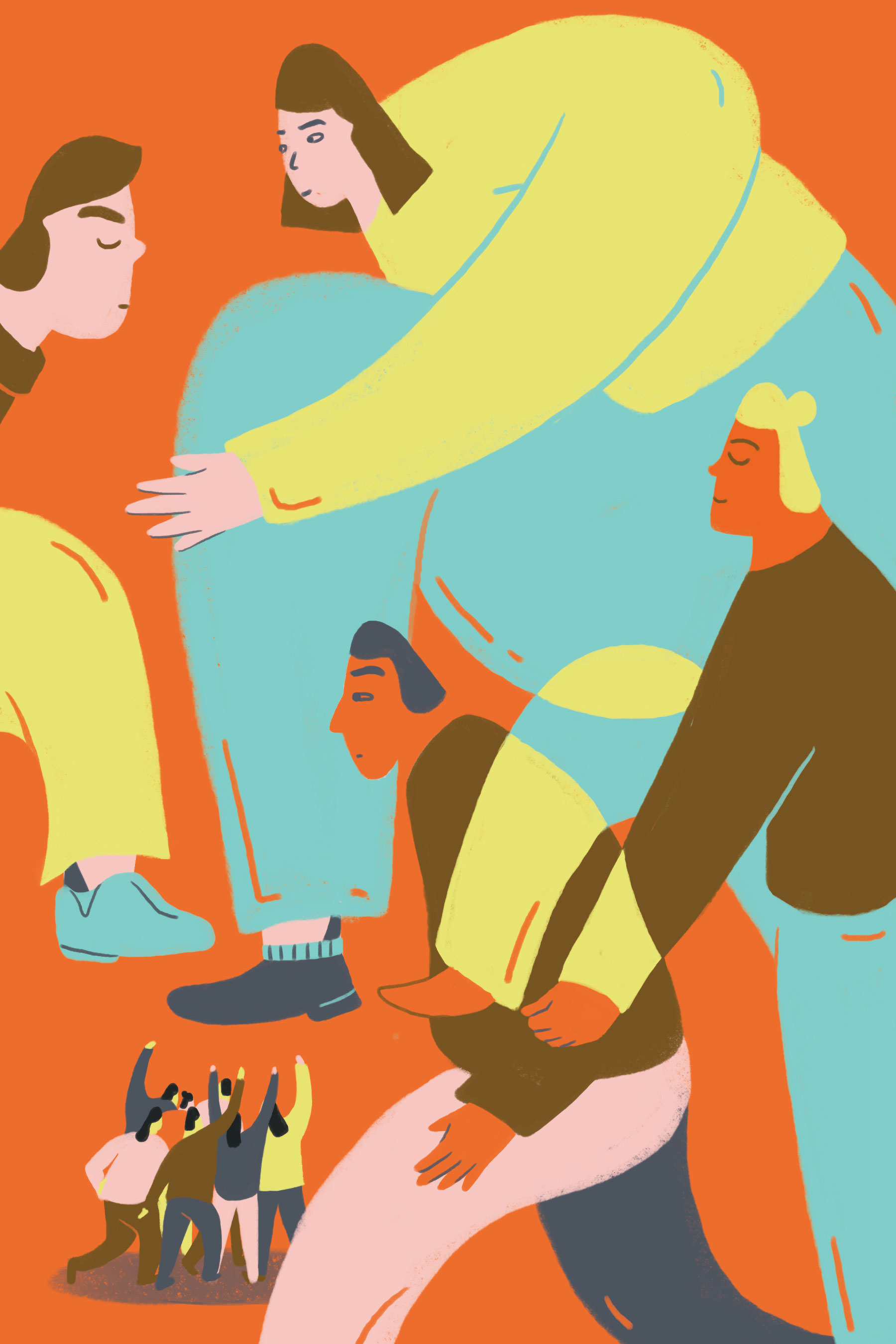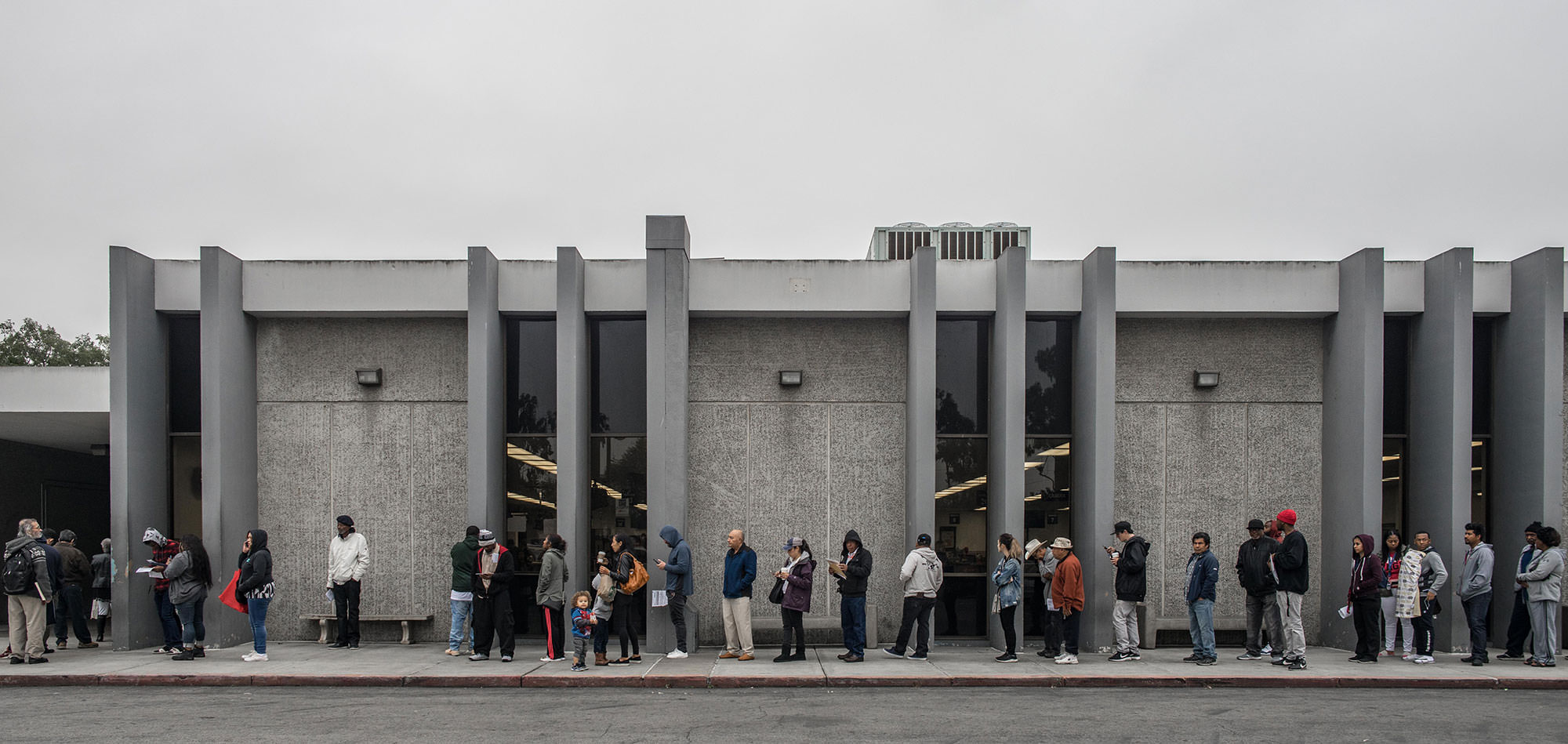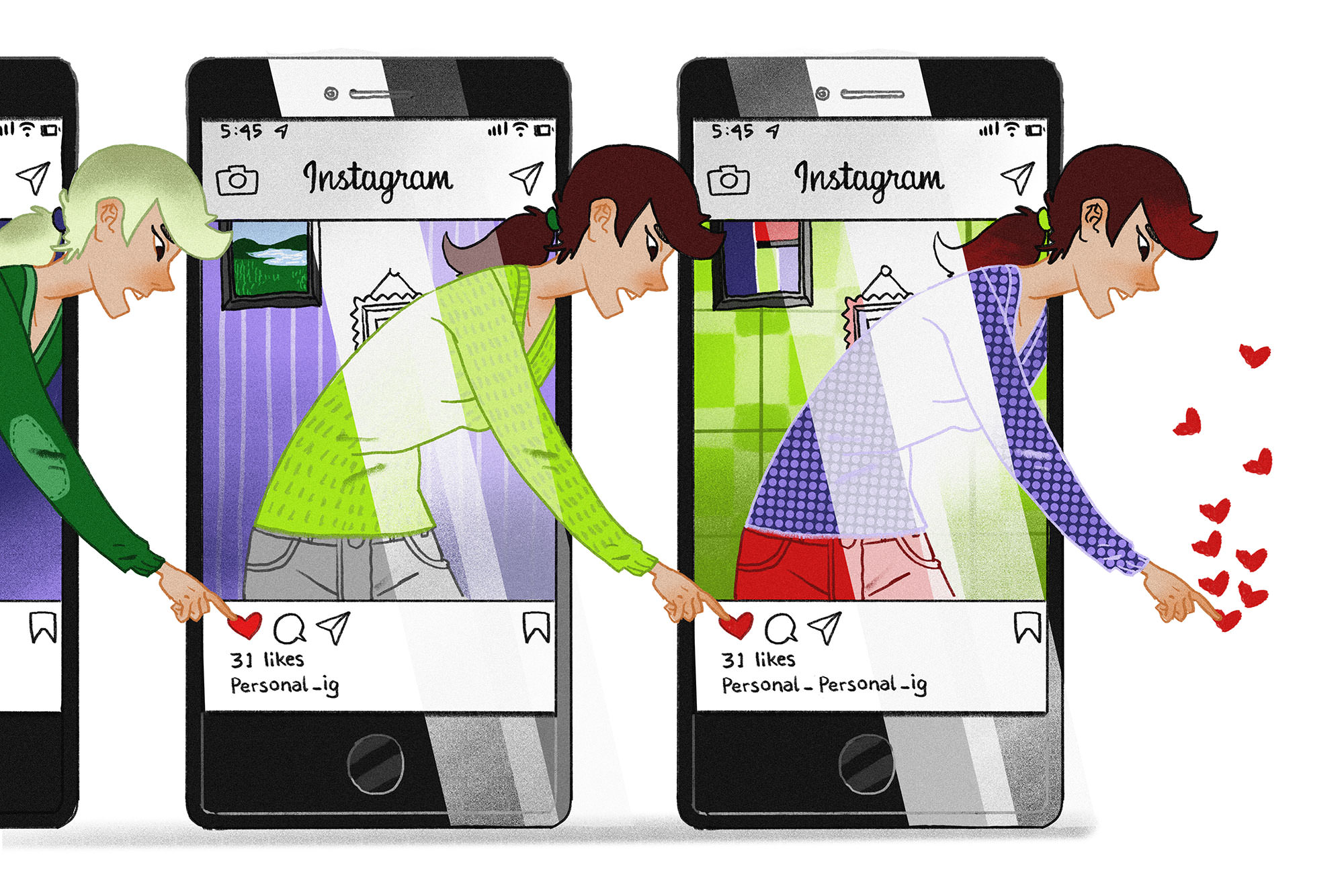
Here's the Thing
We live in an ever-changing world. And throughout the last 10 years since we started Inheritance, the world has changed a lot.
Contextual theology is the idea that one’s social location must be taken into account in how one understands God and reads Scripture. When social locations change, the questions change. When questions change, the theology changes.
While the idea may have existed in different forms, its popularity is mostly credited to a Taiwanese educator by the name of Rev. Shoki Coe. Having experienced life under the Japanese empire, he used the term “contextualization” to describe how some church structures were imported from abroad, and thus did not meet the needs of the local church.
For Coe, the local church (or indigenous population) — not the missionaries — had to wrestle with how it understood God and Scripture in light of its social, political, economic, historic, and artistic circumstances.
For Inheritance, sharing stories about the Asian American and Pacific Islander experience of Christianity has always been one of contextual theology — understanding the relationship between our culture and identity, and our faith.
We live in an ever-changing world. And throughout the last 10 years since we started Inheritance, the world has changed a lot. Today, we’re reliant on smartphones with touchscreens, Jeremy Lin is a household name, and we’re seeing the rise of the so-called “Religious Left”. In the last few months alone, we’ve not only experienced the continual heartbreak of more school shootings, but also witnessed the powerful leadership and voice of a new generation.
As we continue our work of learning and wrestling with our faith and identity, we’re taking the time to identify where we are today in 2018.
How have current events, political decisions, and social movements affected how we understand justice and what it means to be Asian American and Pacific Islanders? How have churches shifted in their relationship with members of the LGBTQIA community and how inclusive are churches of Asian Americans today? How can we be attuned to the voices of Generation Z (those less than 21 years old) — who are not just our future but also very much our present?
We invite you to consider these topics, and in view of where these issues were 10 years ago, how they might also shift 10 years from now. Thank you for being a part of our journey this far — we hope to continue dialoging and sharing stories together for years to come.

